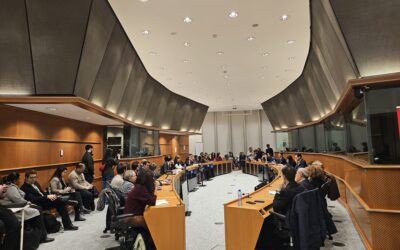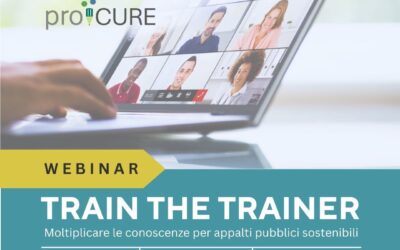From industrial decarbonization to access to European green funds, from identifying truly sustainable SMEs to sharing best practices among institutions and universities—Rome is now home to a new strategic alliance between Italy and China aimed at advancing ecological transition. Unveiled today at the Europa Experience Center– David Sassoli, the initiative was launched by Fondazione Ecosistemi with the goal of strengthening economic, cultural, and environmental ties between the two countries.
The event, titled “Italy–China: A Cooperation for Sustainable Development”, brought together policymakers, businesses, research centers, and academic institutions, outlining a shared roadmap for what could become a key Euro-Asian hub for sustainability. The mission? “To build real bridges between businesses, regions, and cultures to face global environmental challenges through shared tools, advanced technologies, and strategic knowledge exchange.”
A Two-Way Opportunity for Italian SMEs and Chinese Sustainable Investment
The cooperation plan operates on several levels: academic and professional training (including Summer and Winter Schools), applied research in circular economy and renewable energy, and low-impact innovation. At its core is the support for Italian SMEs in the environmental sector, helping them access the Chinese market. At the same time, it aims to attract Chinese investments aligned with the EU green taxonomy and Minimum Environmental Criteria (CAM) into Italy.
“Now is the time to act,” said Silvano Falocco, Director of Fondazione Ecosistemi. “Italy–China environmental cooperation is no longer just a diplomatic aspiration. It’s a real driver for building sustainable value chains and promoting Italian green innovation. Our role is to guide businesses and institutions through high-quality training, consulting, and networking services tailored to global challenges.”
New Routes for a Green Economy
As the global geopolitical landscape evolves, China is stepping up its internal climate policies and advancing sustainable internationalization. According to recent data reported by Corriere della Sera, Beijing has doubled its investments in green tech over the past five years and views Europe—especially Italy—as a key partner in energy transition, sustainable mobility, and digital green innovation.
The cooperation program launched by Fondazione Ecosistemi includes strong public engagement activities (seminars, forums, site visits) and initiatives for technology transfer, supported by an active operational network between Rome and Shanghai. Impact assessment tools—environmental, social, and economic—ensure transparency and effectiveness for the supported initiatives.
Italy and China: From Diplomacy to a Strategic Green Alliance
If managed effectively, this alliance between Rome and Shanghai could evolve into a new green Silk Road, driven by responsible investment, high-level education, and low-impact innovation. At a time when Europe is rethinking its industrial and energy strategies, a sustainability-focused Italy–China partnership is not only relevant—it’s essential.
“Together, we can design growth models that are more equitable and resilient,” concluded Falocco.
“Environmental cooperation is no longer a topic for the future—it’s a necessity for the present.”
Want to Learn More?
🔗 Download the official Italy–China cooperation brochure
🔗 Contact Fondazione Ecosistemi to join training and partnership programs
📍 Upcoming Italy–China initiatives will be published on this website and on Fondazione Ecosistemi’s official social channels.




